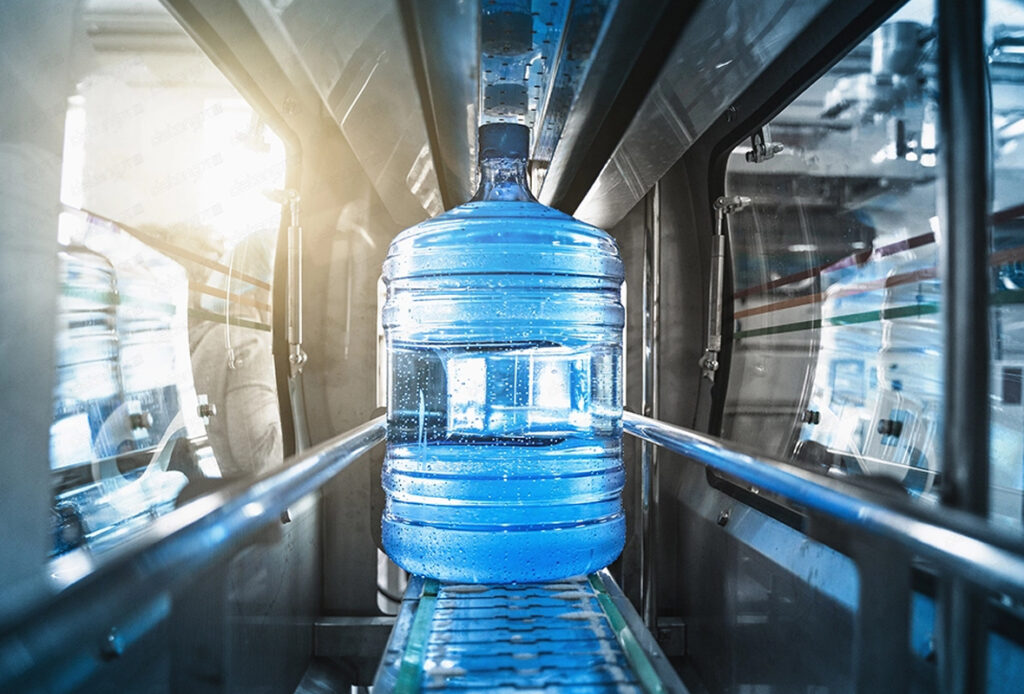Choosing the Right Water Purification System for Your South African Home
Clean, safe drinking water is essential for every household, yet many South African homes face unique water quality challenges. Whether you’re dealing with municipal water inconsistencies or relying on borehole water, selecting the right purification system can significantly impact your family’s health and quality of life.
Understanding South Africa’s Water Challenges
South Africa’s water infrastructure varies greatly by region. Urban areas generally receive treated municipal water, but quality can fluctuate due to aging infrastructure and inconsistent treatment. Rural areas often rely on borehole water, which may contain high levels of minerals, bacteria, or agricultural runoff.
“The first step in choosing a purification system is understanding what’s actually in your water,” explains Johannes Mbeki, Splash Water’s lead technician. “Different contaminants require different treatment approaches.”
Available Purification Technologies
Ultra Filtration
Ultra filtration systems use a membrane with tiny pores to remove particles, bacteria, and viruses. They’re excellent for improving water clarity and removing pathogens but don’t address dissolved chemicals or minerals.
Best for: Homes with generally good water quality but concerns about bacterial contamination or turbidity.
Reverse Osmosis
Considered the gold standard in home water purification, reverse osmosis systems force water through a semi-permeable membrane that removes up to 99% of dissolved contaminants, including heavy metals, salts, and chemicals.
Best for: Areas with high mineral content (hard water), known chemical contamination, or households wanting comprehensive purification.
UV Filtration
UV systems use ultraviolet light to neutralize harmful microorganisms without chemicals. They’re typically used alongside other filtration methods as they don’t remove physical contaminants.
Best for: Supplemental protection against bacteria and viruses, especially for borehole water sources.
Carbon Filtering
Activated carbon filters are excellent at removing chlorine, pesticides, and organic compounds that affect taste and odor.
Best for: Improving the taste of municipal water or as a pre-treatment step in a multi-stage system.
Matching Systems to Common South African Water Issues
Municipal Water
Most urban households benefit from a two-stage approach: a carbon filter to improve taste and remove chlorine, followed by either ultra filtration or reverse osmosis depending on water hardness and quality concerns.
Borehole Water
Rural properties relying on borehole water typically need more comprehensive solutions. We recommend a multi-stage system including sediment filtration, carbon filtering, either reverse osmosis or ultra filtration, and UV treatment for maximum safety.
Rainwater Harvesting
For households utilizing rainwater collection, pathogen removal is critical. A combination of sediment filtration, ultra filtration, and UV treatment provides excellent results while preserving the naturally soft quality of rainwater.
Installation Considerations
Under-counter systems are popular for South African homes, providing purified water at a dedicated tap while maintaining normal water flow to other fixtures. For whole-house purification, larger systems can be installed at the main water entry point.
“Space constraints and water pressure are important factors in system selection,” notes Mbeki. “Our team evaluates these elements during home assessments to recommend appropriately-sized solutions.”
The Investment in Clean Water
Quality purification systems represent an investment in your family’s health. Entry-level carbon and sediment filters start around R2,000, while comprehensive reverse osmosis systems range from R5,000 to R15,000 depending on capacity and features.
“When considering cost, factor in replacement filters and maintenance,” advises Sarah Nkosi, Splash Water’s customer relations manager. “A quality system might cost more initially but require less maintenance and provide better performance long-term.”
Sustainability Considerations
Modern purification systems increasingly focus on efficiency. Traditional reverse osmosis systems produced wastewater, but newer models have reduced waste significantly. For environmentally-conscious households, ultra filtration systems typically have lower water waste and power consumption.
Making Your Decision
The right water purification system depends on your specific water quality, household needs, and budget. At Splash Water, we recommend:
- Start with a professional water quality assessment
- Consider your household’s daily water consumption
- Evaluate space availability for installation
- Balance initial costs with long-term maintenance requirements
- Consider future needs if your household may grow
Clean water is not a luxury—it’s essential for health and wellbeing. By understanding the options available and your specific needs, you can make an informed decision that provides your household with safe, great-tasting water for years to come.


